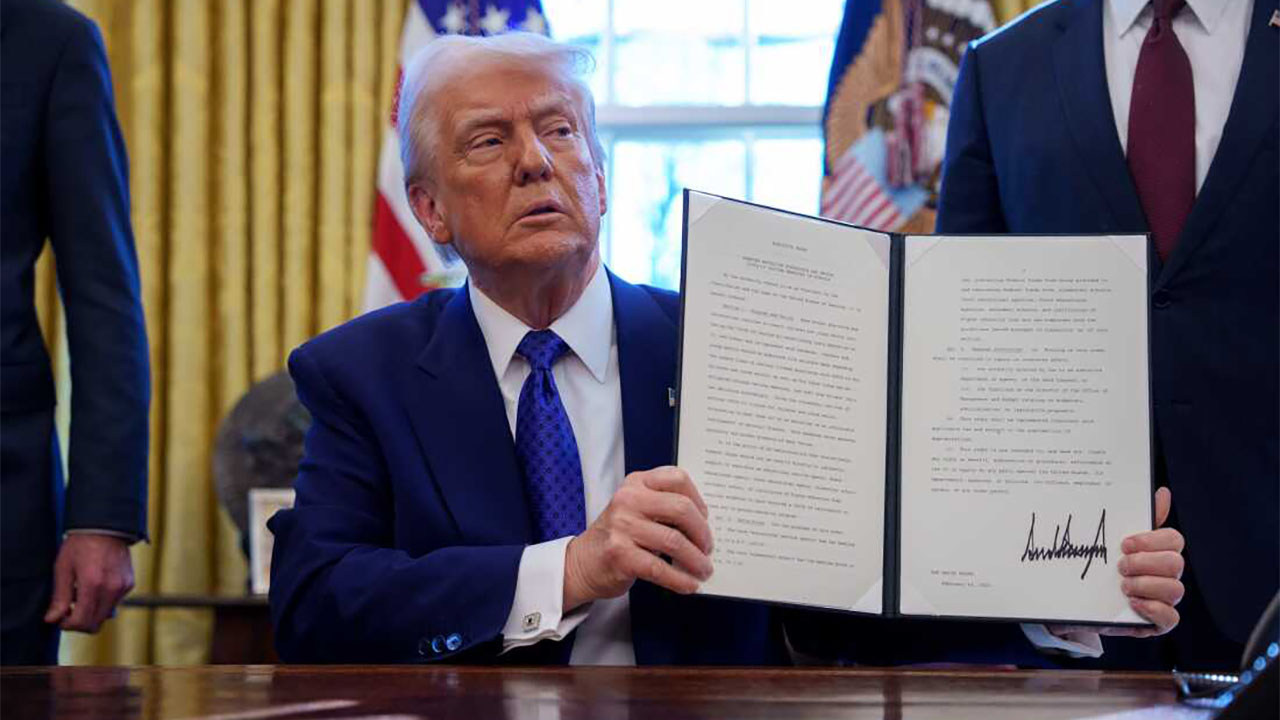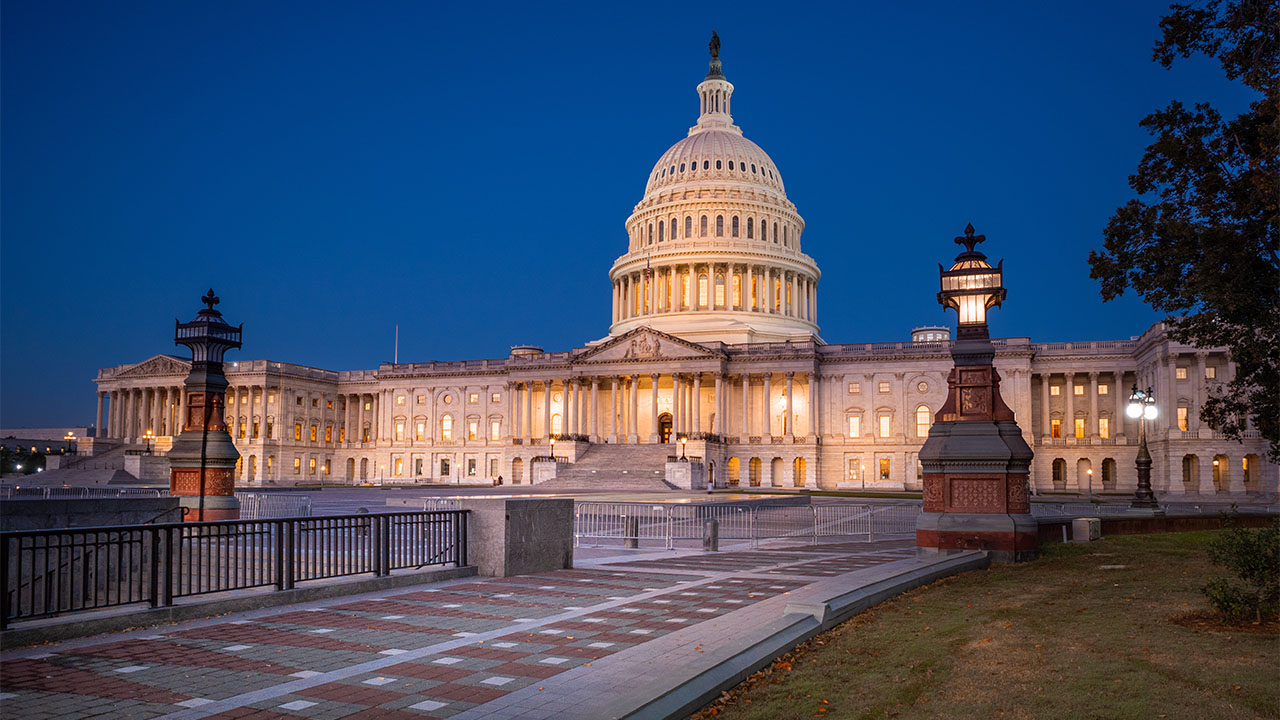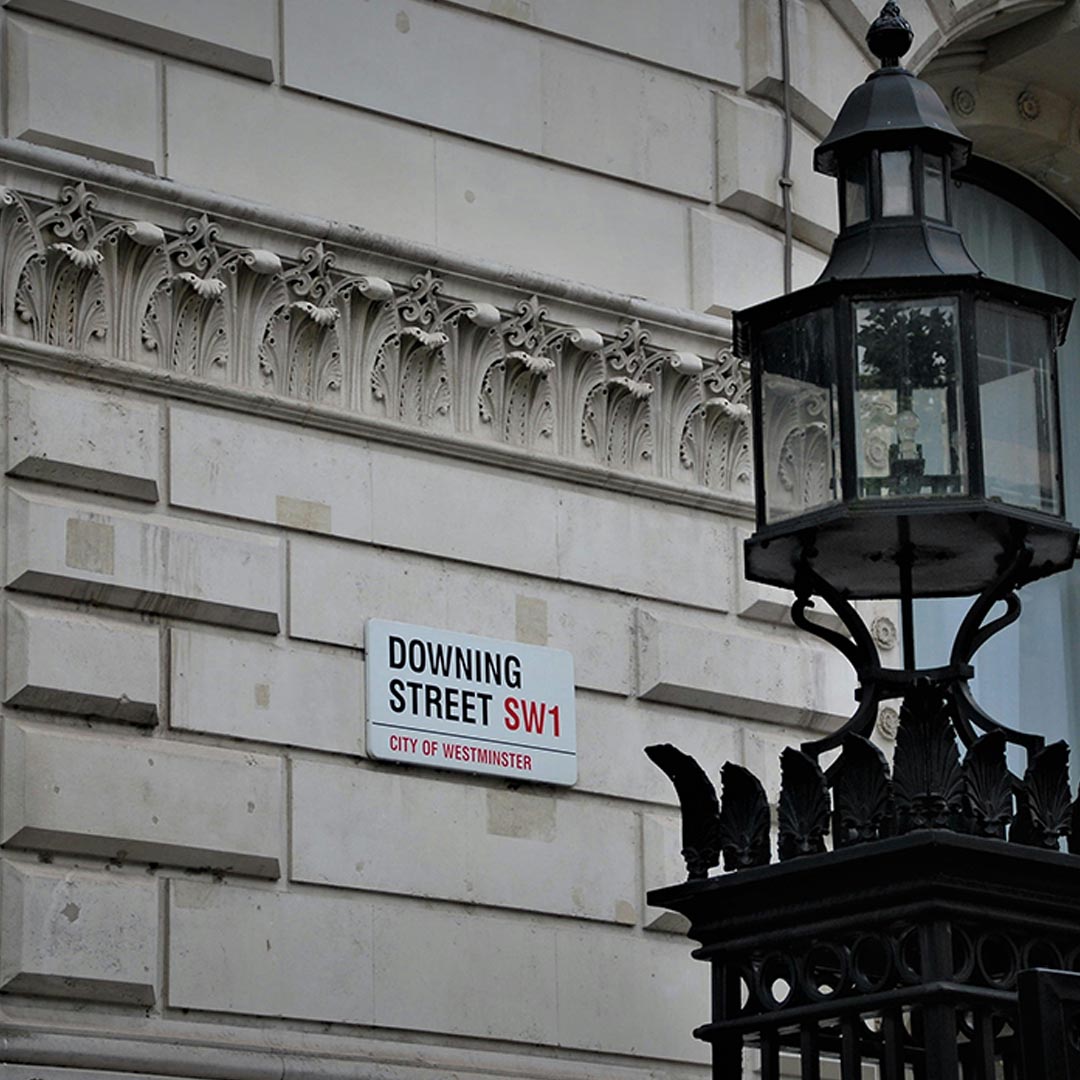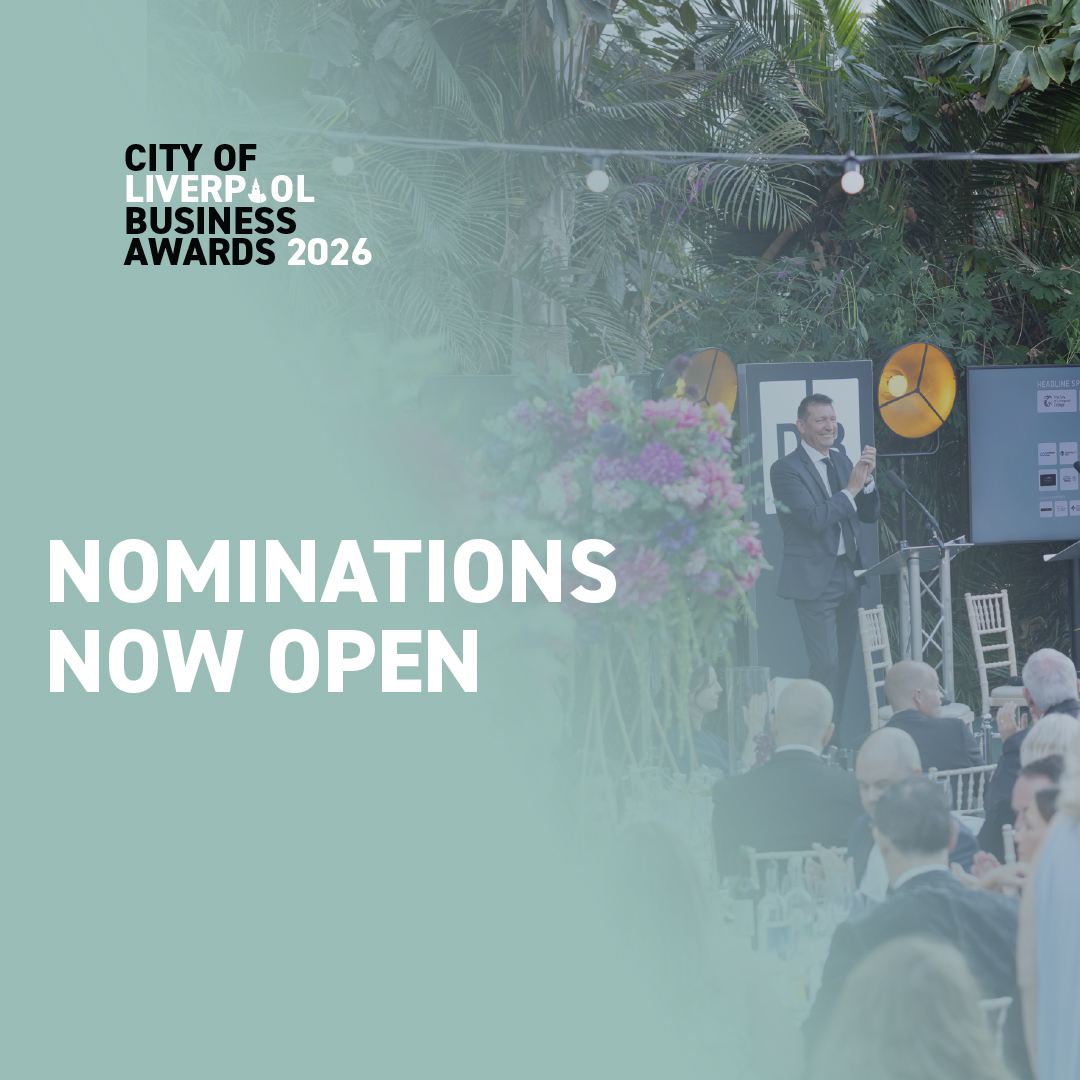Oh, I do love to live beside the seaside.
Last week’s election results got me thinking about the magic of the coast. The little pockets of Trump resistance – few and far between – seem to have occurred in mainly coastal areas, so what is it that makes those of us who live by the water more liberal than our landlubber peers on the flat empty middle parts?
I have no scientific or academic research to back this spurious claim, but I imagine it is largely because those who live in the coastal cities and port towns around the nation are more outward looking.
When you look at a map of the US, there are hardly any cities of scale and significance which aren’t either on a bay or a great lake, a harbour or a significant river staging post.
People who gravitate to these locations are mercantile, traders, adventurers, entrepreneurs and, while that isn’t to say the Mid-West’s farmers aren’t important to the prosperity of the nation, they perhaps aren’t the innovators and incubators of new ideas like their coastal cousins.
It kind of makes sense when you think about the history of ports and their importance in nation-building: they are where east meets west, north greets south, and new ideas, people and goods have co-mingled and been swapped to inspire us.
After all New York, San Francisco, Los Angeles, Chicago, Memphis, New Orleans and Miami are the nation’s cultural and culinary hot spots as well as commercial hubs.
The coast, shipping and the maritime industry are, and always have been, about connections.
For centuries it has been the life blood of our economy, driving trade, migration and establishing diplomatic ties. Today, more than 80% of global trade by volume travels via the world’s sea routes, and about 60% of that comes in containers. These ports, their deepwater harbours and estuaries, and the cities they are built around have become vital nodes not just in transport and logistics but also supply chains, manufacturing and economic growth strategies.
And so, it has always been. Efficient and effective ports and accompanying infrastructure are as much drivers of growth today as they were 200 years ago when the clippers and the great ships of the age started racing across the oceans.
The maritime sector has a long history of innovation – dock systems, Panamax, canals and containerisation, warehousing and customs regulations, freeports and assembly manufacturing, digital and data management systems. This is how globalisation was delivered.
And with the world’s factories relying on a reliable route to market, the maritime industry needs to be acknowledged as central to future growth and wealth creation.
It won’t be plain sailing.
With a new more isolationist President measuring up for the curtains and carpets in the White House, there will be new challenges and opportunities for the maritime industry, not just here in the US but globally.
Trump has spoken at length about imposing tariffs on goods arriving in US ports, as high as 60% on those coming from China. He has suggested he will pull the funding on clean energy projects, electrification, solar, wind and renewable schemes will be halted, and he looks disparagingly at the immigration which created the China Towns, Little Italys and Mini Mumbais which settled and grew around our port cities.
And with a climate change denier in charge, keeping our oceans and skies clean will be a challenge too.
Currently, the global shipping industry accounts for around 3% of global green house gas emissions. While this may seem relatively slight, it is worth noting that those emissions have increased by 20% in this decade alone and are forecast to double over the next twenty years.
Governments and industry leaders have pledged to halve those emissions by 2030 and eliminate them entirely by 2050. But with the Trump administration likely to back off those targets pronto, stymying US technology and investment, the field is wide open for others to take the lead in this multi-billion dollar sector.
Green maritime, clean fuels, electrification of shore power, integrating electric vehicles into last and first mile distribution, robotics and Ai in warehousing, big data and cybersecurity are all profitable elements of the maritime sector soon to be looking for a new home to incubate and grow.
So where will this centre for a new maritime wave of innovation be? If not America, then Saudi Arabia, China or Europe perhaps? Why not UK – we have the heritage?
While the mega ports like Shanghai and Long Beach will continue to handle the vast majority of cargo for the foreseeable future, there is an opportunity for somewhere else to set up as a global centre of excellence in maritime.
To be recognised as the leader in clean, green shipping regulations, to generate maritime digital and cyber security solutions, to be the brains behind the creation of new green fuels for shipping, to integrate offshore wind, solar and tidal power in ports, and the electrification of logistics infrastructure is a prize many will pursue.
As cash dries up for these initiatives in the US, it will require more private equity, sovereign wealth, pension funds or a host of other investors to make it happen. There are funds specifically dedicated to this sector looking for a home, but they need engaging and embracing now.
And to be viable, they will have to be innovations deliverable at scale with a supportive administration who encourage a framework of favourable regulations, predictable legislation, and financial incentives.
With Trump pulling the US out of the race, global investors and entrepreneurs will be queueing up for alternative governments with match funding, access to the skills and research centres required, and locations which either have or can generate an ecosystem of power and fuel developers, digital analysis and data centres, and a renewable energy infrastructure to co-create today and tomorrow’s solutions for the maritime industry.
Early noises from the President-elect are worrying for global trade and the industries which support and encourage it. For those interested in picking up the mantle, follow US comedian Jonathan Winters advice – “If your ship doesn’t come in, swim out to meet it.”













